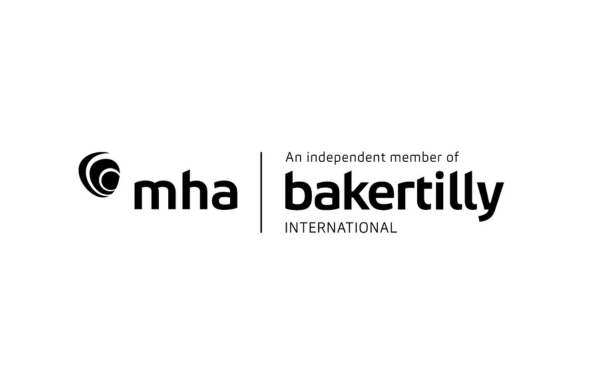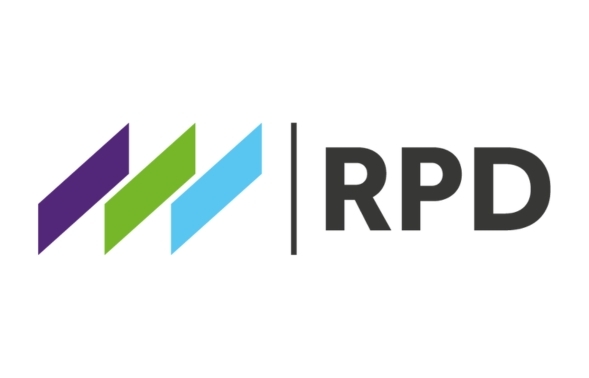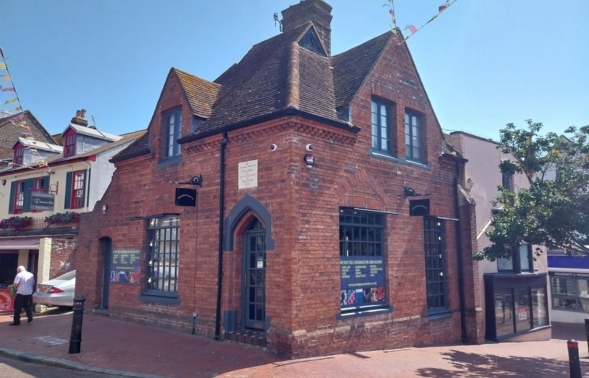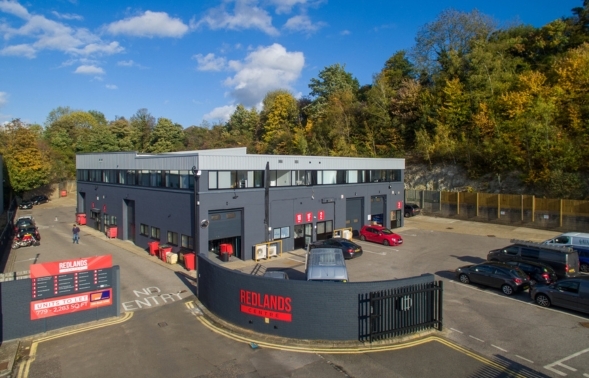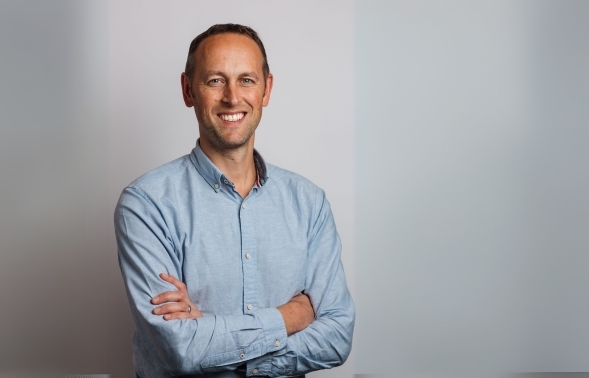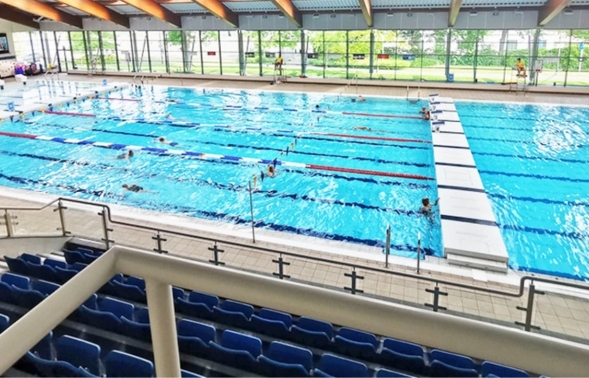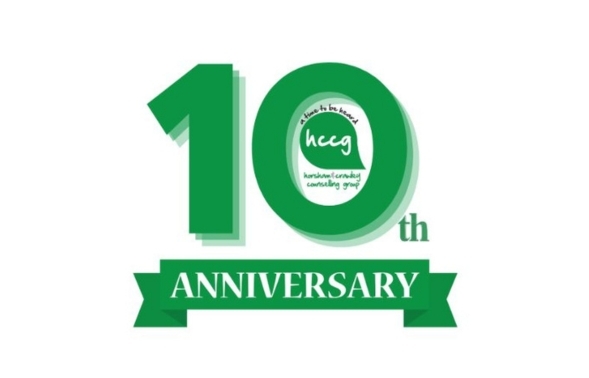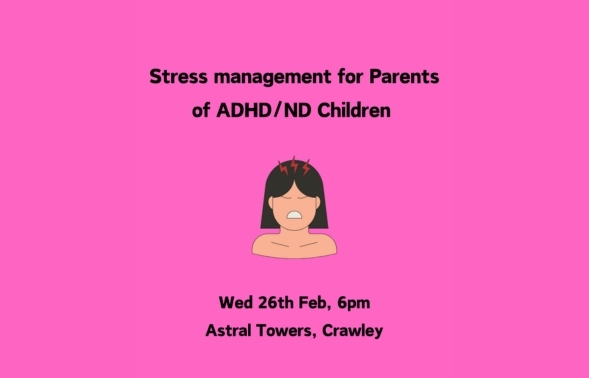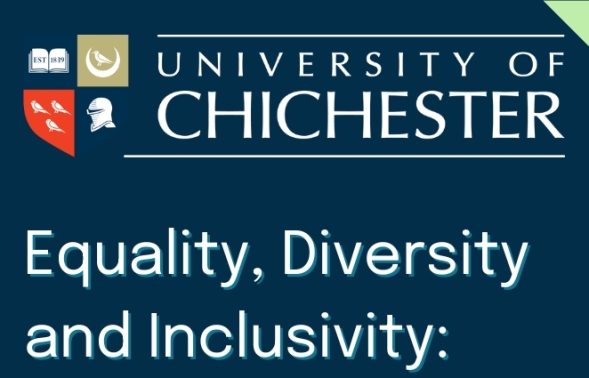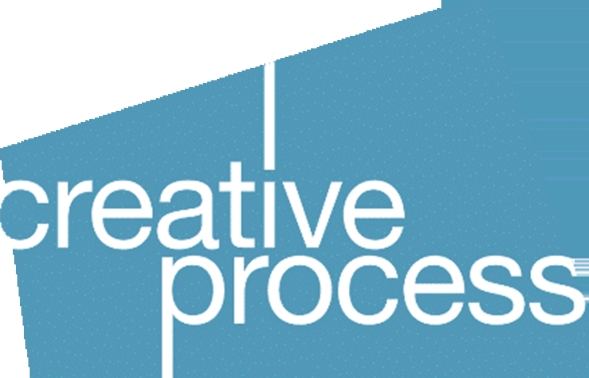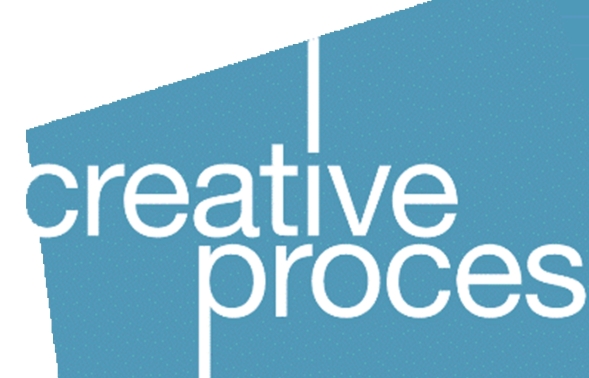Kate Wells is Lead for Welfare Services at St Catherine's Hospice. The role is a new one for the local charity and involves supporting families living with terminal illness. To mark World Social Work Day (16 March), and Social Work month Kate wanted to share more about her work.
"The theme for this year's World Social Work Day is 'Ubuntu: I am because we are'. Ubuntu is a Nguni Bantu term meaning "humanity" and the interconnectedness of a human with their environment. I've been thinking about this theme and how it relates to being a hospice social worker.
At the heart of what I do is connection
I connect with people where they are at, and learn what it is that's most important to them. I then find out what barriers might be in their way to stop them achieving the things that they want to, in the time they have left. These are different for every person I support.
My work is also about connecting people with those around them, and with their community and culture. It's about connecting their internal strengths, and walking alongside them as they face what can be the hardest time of their lives - whether they're a patient or their loved one.
Social work is about seeing a whole person and isn't just about working for social services
Specialists see and treat someone's cancer, other health professionals see and treat their symptoms. A housing officer and council see a set of inflexible rules, assessors see boxes to tick, care packages to organise and a list of 'needs'. I recognise who someone is outside (and inside) all of that and work with them on what is important to them.
As COVID-19 continues it's getting much harder to support people in the community
I really miss seeing people in their own homes, meeting other family members, and their cat, guinea pig or dog. As a result of the pandemic, there are very few services in the community to refer people to at the moment for their usual support. Consequently people are struggling more. I feel that helplessness too.
The whole system is under pressure, but my job is to keep advocating for families I'm working with. That's hard when I know the system can't respond. On the plus side, people feel they can talk more openly about what's bothering them, and people are more open to support now than ever before.
The work I do with patients and their loved ones is dependent on what they want my support with
One day I can be working with a young family to brainstorm ways they can make memories together despite lockdown,or asking their favourite football club to send them something special for a birthday.
Another day, I could be talking to local schools to let them know what a family is going through and to ask what support they can put in place for the children.
I could then take a call from a bereaved relative saying they don't know where to turn for help with housing.
Or I might have to call social services to ask them to re-assess a lady who has left hospital and been placed in a care home, because her husband of 60 years can't visit her there because he's blind and can't drive, or plead with a housing department to expedite their improvements team as a family, already facing life limiting illness, are getting unwell from the damp and mould.
Sometimes, my time is now spent referring families to their local foodbank. Money doesn't stretch how it should do when you're terminally ill and can't work, and with COVID, more family members are now unemployed, or can't work because they're caring for a loved one.
My work is varied, but I do everything I can to support people when it's needed most
Occasionally someone will be referred to us who doesn't have a next of kin (NOK). So Jackie, St Catherine's Welfare Advisor, or I support them in making their arrangements, or if there isn't time for that we help with notifying the relevant agencies.
Some days I'm advocating for people to complete their wills, to talk openly about their fears of death and dying, to make plans for their children, and to think about the future and what they want while they still can. Those things are hard to face for some people but they're necessary.
Other days are full of meetings talking about the exciting ways we can develop our social work service at the hospice, or having external meetings about patient care.
The hardest days are when there's nothing I can do to make a situation right for someone
When I can't take away their pain, can't make a relationship close again, or can't bring back a person who has died or make their death better than it was. It's hard when families are left with those traumatic memories. What I can do though is sit with people, be a listening ear and understand what they're going through.
I am keen to work with our community to break down the taboos of death and dying, and I'm very passionate about issues of equality and diversity, making our services 'child friendly', supporting people with learning disabilities and neurodiversity. Social work is very much about breaking down barriers for people.
But social work doesn't exist in a vacuum
I couldn't do what I do without the support of the wider Wellbeing team at St Catherine's. The hospice has an expert team who support local people with all of their emotional, spiritual and
welfare needs. That's so important because when someone is living with a terminal diagnosis, they don't just need physical help. Through my work I've seen how much the social, welfare, emotional, and spiritual support that people need varies, but I feel so proud that we're able to meet those needs for our local community.
Despite starting at the hospice in lockdown I've been made to feel welcomed and valued at St Catherine's and I can't wait for what the next year holds and to help more local families."
To find out more about the work of St Catherine's please visit www.stch.org.uk or to make a donation to support your local hospice please visit: www.stch.org.uk/donate or call 01293 447361.
